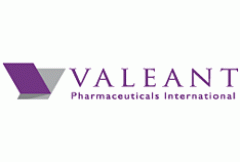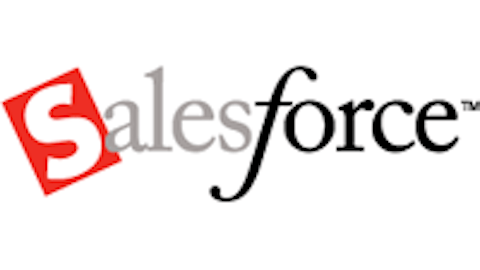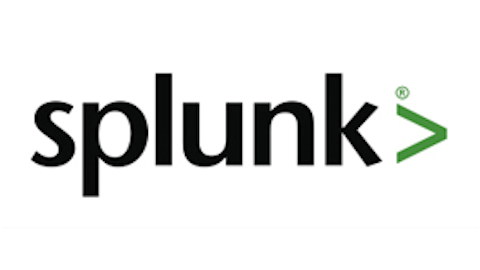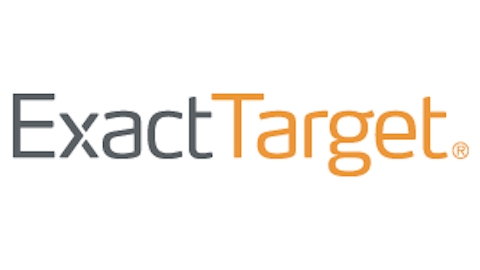In one of the more surprising deals in some time, pork producer Smithfield Foods, Inc. (NYSE:SFD) sold itself to Chinese meat producer Shuanghui International for $4.7 billion, or $34 per share in cash. The price represents a 31% premium to the previous day’s closing price. While American pork consumption languishes, the Chinese have a healthy appetite for the meat. Shuanghui will be able to take excess pork supply to the U.S. and deliver it to China. Since it should increase demand for pork globally, we could see competitors like Tyson and Hormel benefit from higher prices industry-wide without resorting to slaughtering excess hogs.
Even though it is an all cash deal, U.S. regulators could throw a wrench in the deal. Relations between the two countries are mediocre at best, and we are sure the Committee on Foreign Investment will be extremely cautious in allowing a Chinese company any access to the U.S.’ food supply-chain. Smithfield Foods, Inc. (NYSE:SFD) will look to alleviate these fears by leaving the existing management team and facilities unchanged.
Shuanghui has also agreed to honor all existing labor agreements—a major selling point for several Congressional members. Still, a Chinese company purchasing an American company drums up fears of encroachment and security concerns. Shuanghui has had issues with food safety in the past, as it was found to have purchased hog feed tainted with clenbuterol; a drug often used to increase the muscle/fat ratio in animals (including humans). Thus, we could easily see the Committee on Foreign Investment rejecting this deal.
On the positive side, we doubt the combined entity will have a hard time gaining anti-trust approval. From what we gathered from Anheuser-Busch InBev NV (ADR) (NYSE:BUD), we believe the government is focused on the potential impact on U.S. consumers with little regard for consumers elsewhere. A tie-up between Tyson and Smithfield Foods, Inc. (NYSE:SFD) could materially hurt U.S. consumers, but it is hard to envision a scenario where the Shuanghui/Smithfield merger meaningfully impacts the U.S. consumer. If the deal receives regulatory approval, it could help increase profitability in the pork industry, boosting the fortunes of both Tyson and Hormel.
Valeant Pharmaceuticals Intl Inc (NYSE:VRX)
Valeant Pharmaceuticals Intl Inc (NYSE:VRX) continues its quest to become the largest pharmaceutical company in the world, snatching up eye care giant Bausch & Lomb from private equity firm Warburg Pincus for $8.7 billion. The deal includes $1.5 billion to $2 billion in new Valeant equity, and the rest of the deal will be done with new debt.
For a company with a market capitalization of $27 billion, the deal may seem like a stretch. However, Valeant Pharmaceuticals Intl Inc (NYSE:VRX) CEO Mike Pearson is known for his tremendous ability to squeeze every dollar of cost synergies out of a deal. Plus, Valeant Pharmaceuticals Intl Inc (NYSE:VRX) exploits its tax loopholes to significantly lower taxes paid on its businesses. When Valeant can acquire a company and reduce its effective tax rates from the mid-30% range to single-digits, it immediately makes deals highly accretive to earnings.
All in, Pearson projects $800 million in cost savings, saying:
“Ultimately, we expect these actions to result in at least $800 million of annual run rate cost synergies between these 2 companies by the end of 2014. As usual, we have not included any cost, revenue or tax synergies in this number. Consistent with our structure, the integration process will be executed in a decentralized manner.”
In fact, CFO Howard Schiller noted that if the deal closed on January 1, it would boost Valeant Pharmaceuticals Intl Inc (NYSE:VRX)’s earnings per share 40%. Bausch & Lomb is projected to post about $3.3 billion in revenue and $720 million in adjusted EBITDA, but R&D costs and synergies will significantly enhance the effective price paid by Valeant Pharmaceuticals Intl Inc (NYSE:VRX). Additionally, the firm sees ophthalmic pharmaceuticals as a long-term growth market, so one can imagine that the $3.3 billion will grow over time.
Pearson is compensated only when he achieves results that reward long-term shareholders. His acquisition strategy reminds us of Berkshire in the sense that the company maintains decentralized operations and prevents its corporate overhead costs from spiraling out of control. We admire Pearson’s aggressive capital allocation decisions and long-term vision for the company.






